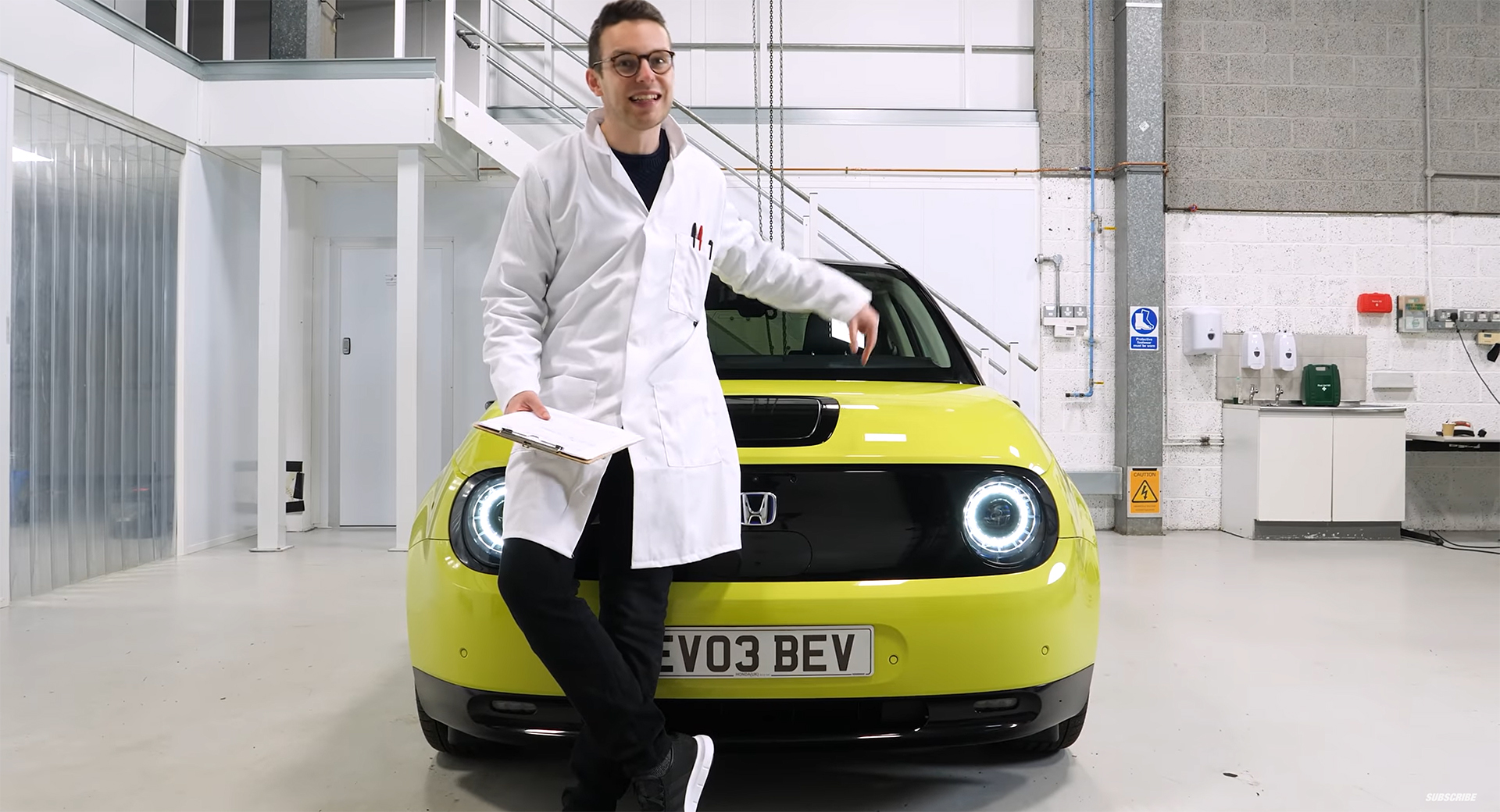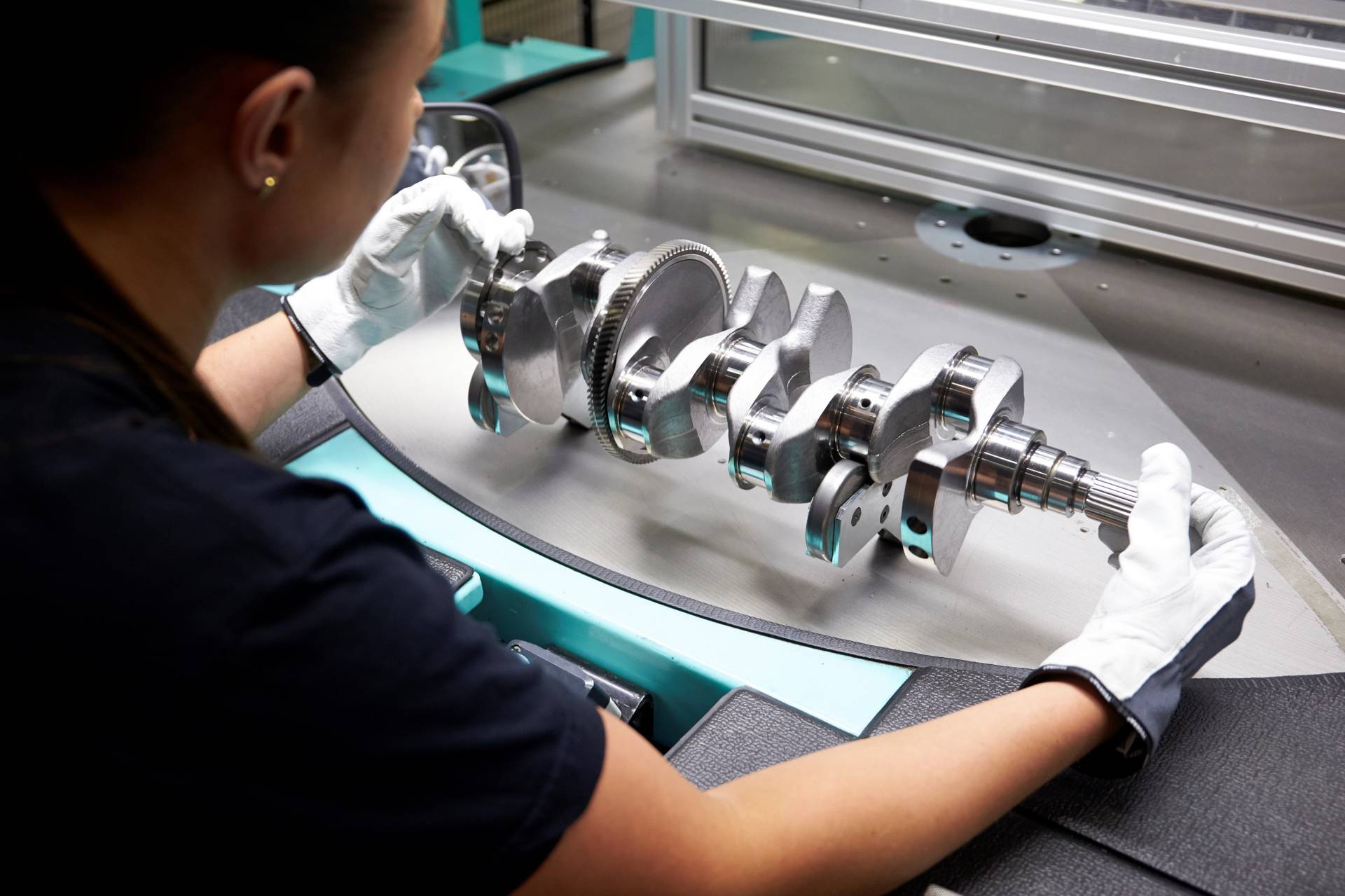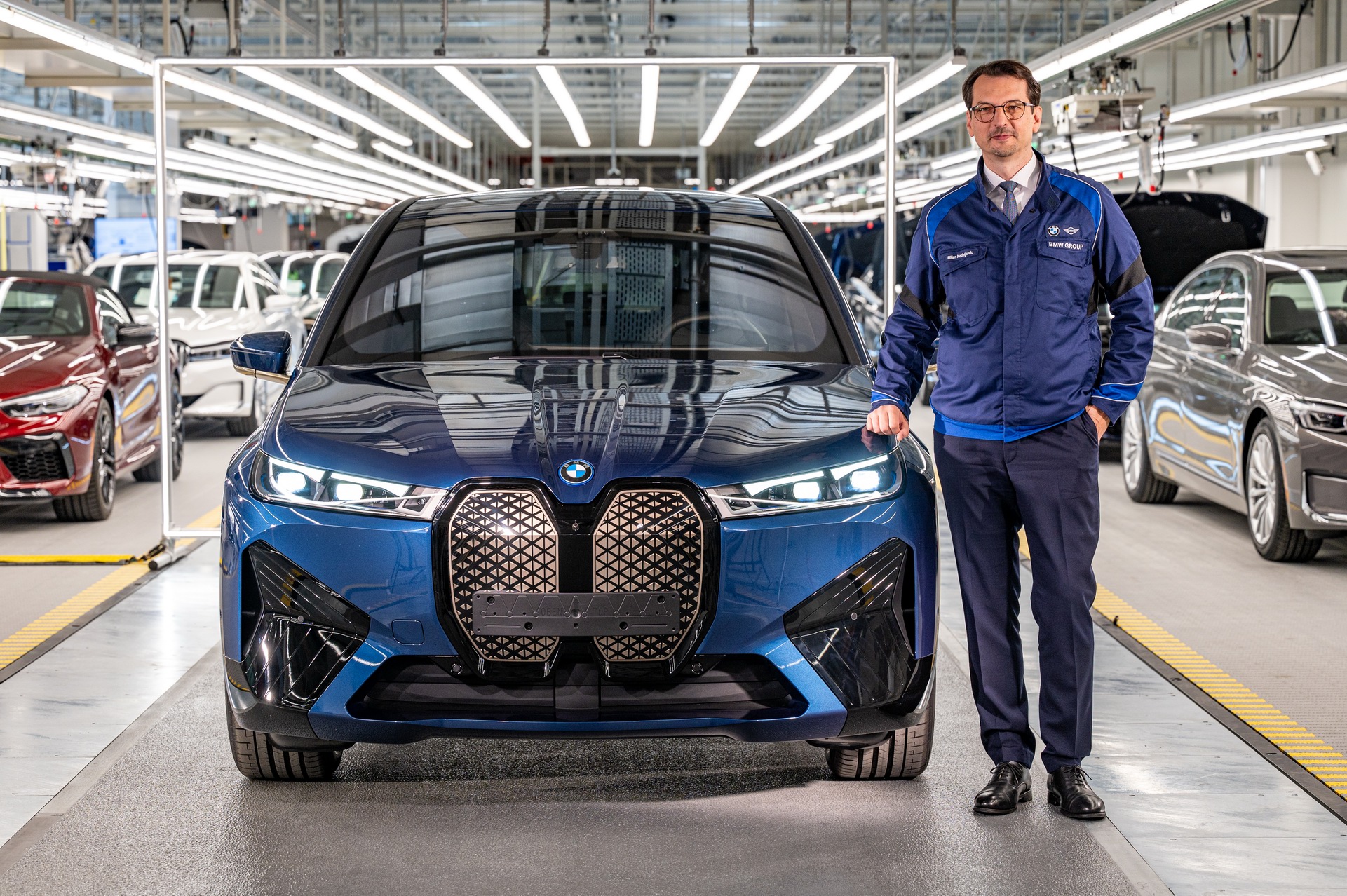As the shift from fuel to electric continues to grow ever stronger in the automobile industry, internal combustion engines as well as the craftspeople behind them, seem to be heading towards an inevitable fate of becoming obsolete.
When electric cars such as the EV1 hit the road in the late 90s and early 00s, not many took them seriously. Fast forward to 2021, and most major car manufacturers have already made self-imposed extinction events of internal combustion engines from their lineup in as little as 10-20 years from now, leaving many wondering what lies in the future behind the workforce that puts them together.
Japan, one of the world’s leading auto manufacturing nations, is already facing a job redundancy issue, reports Nikkei Asia. Honda Motor had announced in June that it would be shutting down its powertrain factory in Moka by 2025 as part of its commitment towards an electric future, meaning that around 900 of its employees will be relocated to other sites.
The Company has claimed that its lineup of vehicles will be completely electric or hydrogen-powered by as soon as 2040, and its new initiative to offer early retirement to employees over the age of 55 starting this spring could be indicative of a need to reduce the workforce.
Read: House Democrats Call On Congress To Back $85 Billion In Funding For EV Charging Infrastructure
According to industry experts, it takes half as many parts to build an electric motor as it does to build an internal combustion engine, most of which have as many as 30,000 parts. And this simple factor affects the entire ball game. For the longest of times, large-scale auto manufacturers used production expertise to dominate the top of the industrial pyramid with suppliers filling the lower layers, but that could be changing quickly.
Electric vehicles with their motors and invertors, along with a few other components, are far less complicated to build. This opens the door for new entrants, who have the advantage of focusing on design and software while the actual production can be outsourced to third party contractors.
One company that has already got their eyes on the price is Hon Hai Precision Industry, the Taiwanese electronic manufacturer known as Foxconn. The company is famous for its assembly of global products like the iPhone, PlayStation, and Xbox. Foxconn aims to provide an entry point for new businesses to cater to their target clientele without the financial burden of building factories, and they’ve already signed a deal with Stellantis.
See: Is It Time Toyota Changed Their Stance Towards EVs?
Back in Europe, Germany is already facing job redundancy issues say Nikkei Asia, as they lead a charge to EV transition. The Ifo Institute for Economic Research headquartered in Munich conducted a survey concluding that as many as 215,000 jobs will be influenced by the transition. 2019 saw well over 600,000 jobs make up or relate to the production of internal combustion engines — that’s 40% of the workforce.
There’s another concern too. It might be worth noting that the everyday household will end up having to rethink budgets as well. Prices of raw materials like lithium carbonate and copper have skyrocketed since automakers ramped up EV production, they are likely to end up bumping up the prices of household products, most of which use the same materials for their manufacturing purposes.







